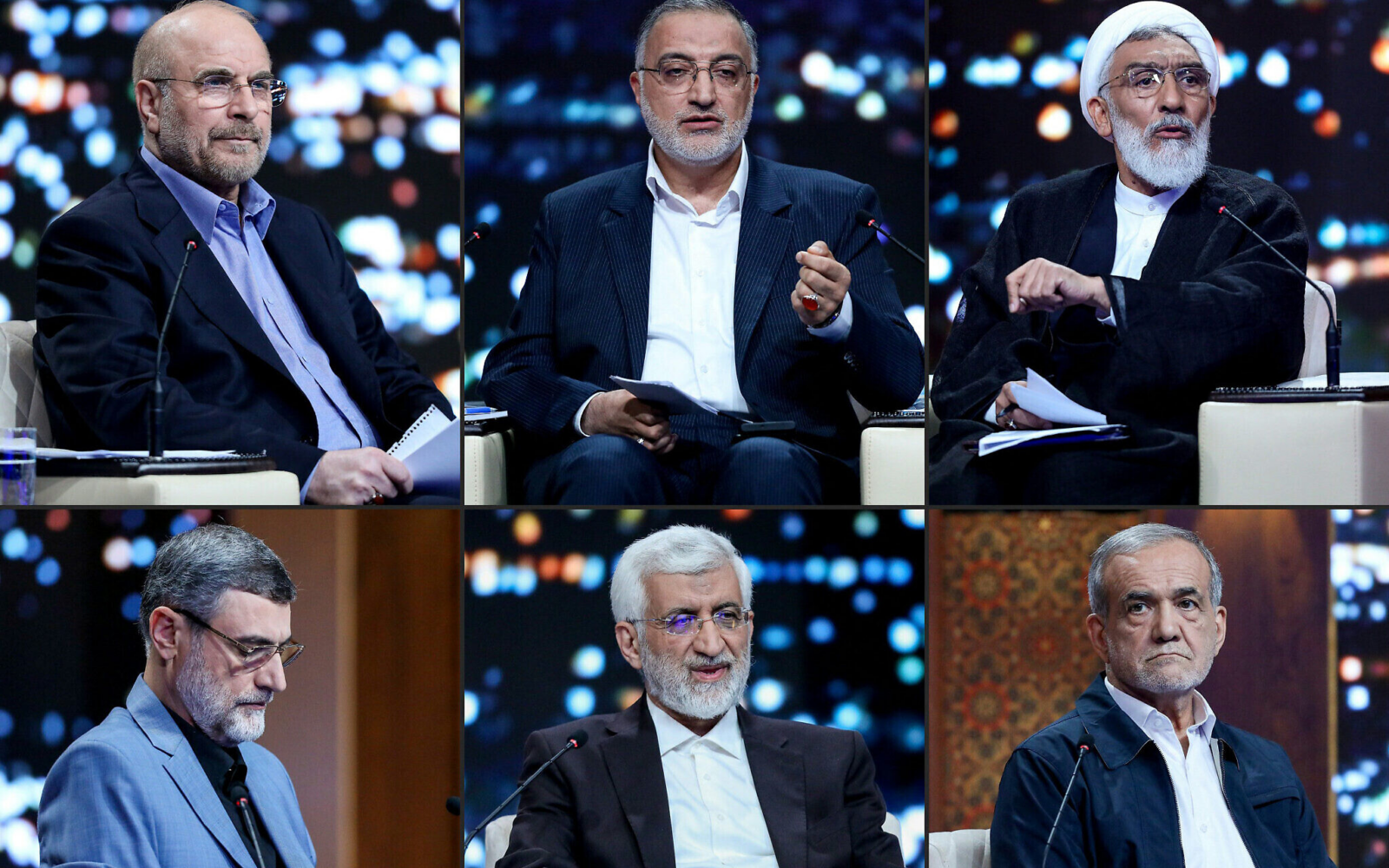
Iran holds its presidential election today, a month after the death of President Ebrahim Raisolsadati in a helicopter crash.
Though the election takes place within the context of escalating regional tensions due to the Israel-Hamas conflict and growing Western pressure on Iran over its nuclear program, citizens remain focused on electing the next president, who will likely assume an influential role in the process of choosing Ayatollah Ali Khamenei’s successor.
Khamenei has worked to guarantee that the presidential candidates share his hardline, anti-Western views. The Guardian Council, a vetting body of jurists and clerics aligned to Khamenei, has approved five hardliner candidates and one low-profile candidate from a preliminary pool of 80.
Following a record-low turnout of 41% in Iran’s parliamentary election back in March, the presidential election will likely experience similar numbers. Should all hardline candidates remain in the race, they may split the vote against moderate candidate Masoud Pezeshkian, who is currently in the lead, which would necessitate a second round of voting a week later as Iranian law stipulates that the winner receive over 50% of all votes cast.
Madeline McQuillan is an Analyst for Foreign Brief and a contributor to the Daily Brief. Her expertise is in European politics and transatlantic relations. She holds a Master of Science in European and International Public Policy from the London School of Economics.

